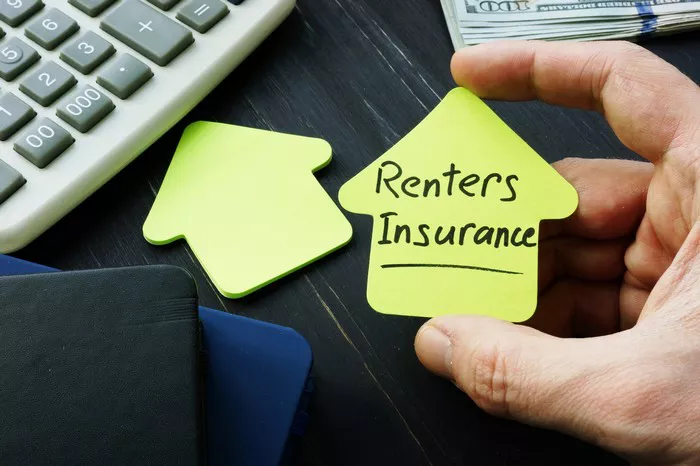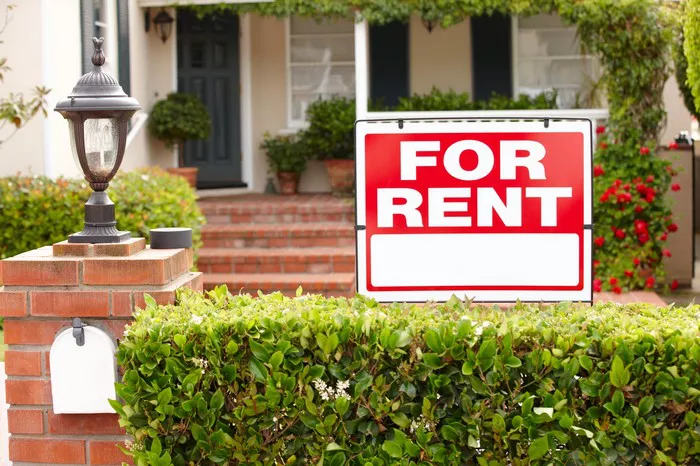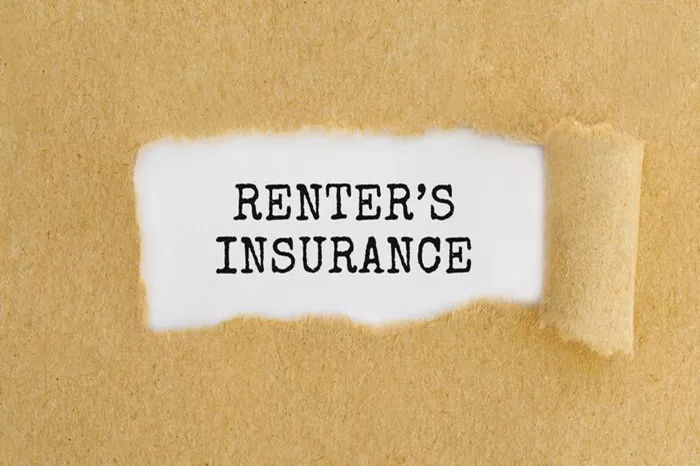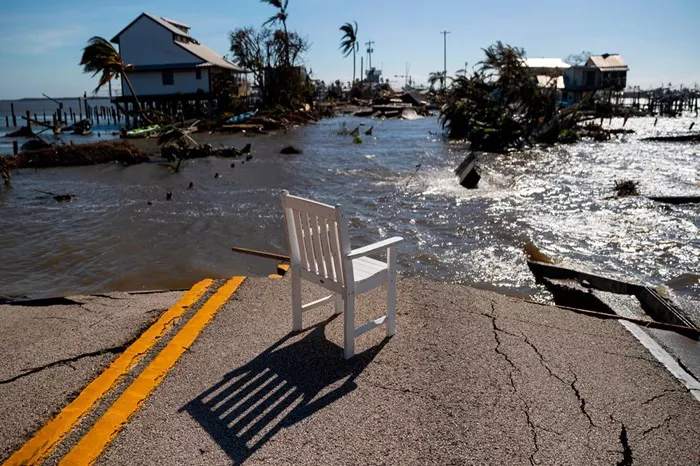Renters insurance is a crucial financial safety net for tenants, offering protection against a variety of risks that can occur within a rented property. Understanding the minimum coverage requirements is essential for ensuring adequate protection without unnecessary costs.
Introduction
Renters insurance provides coverage for personal belongings, liability protection, and additional living expenses in case your rented residence becomes uninhabitable due to covered perils such as fire, theft, or natural disasters.
Personal Property Coverage
Personal property coverage is at the core of renters insurance policies. It reimburses you for the cost of repairing or replacing personal belongings damaged or stolen due to covered incidents. The minimum coverage typically starts at a certain dollar amount, but policyholders can adjust this limit based on their needs.
Understanding Personal Property Coverage
Coverage Limits: Policies may specify a minimum coverage amount, often around $20,000 to $30,000.
Adjusting Coverage Limits: Considerations such as the value of your possessions and the cost to replace them should influence your coverage limits.
Itemized Coverage: High-value items like jewelry or electronics may require additional coverage beyond standard limits.
Coverage for Specific Items
Electronics: Laptops, smartphones, and other electronic devices are covered, but check for limits on individual items.
Jewelry and Valuables: Special limits may apply, requiring additional coverage for items like engagement rings or collectibles.
Liability Protection
Liability coverage protects against legal responsibility for injuries or property damage you, your family members, or pets may cause to others. The standard minimum coverage is generally set at a specific amount per occurrence, with an aggregate limit per policy period.
Understanding Liability Coverage
Coverage Amounts: Minimum coverage often starts at $100,000 per occurrence with a higher aggregate limit.
Additional Liability: Consider higher limits if you have significant assets or face higher risks of liability claims.
Types of Liability Coverage
Medical Payments: Covers minor medical expenses for guests injured on your property, regardless of fault.
Legal Defense Costs: Helps cover legal fees if you’re sued for covered incidents.
Additional Living Expenses (ALE)
ALE coverage reimburses you for additional living expenses if your rented home becomes uninhabitable due to covered perils. This coverage is essential for temporary relocation costs, including rent, food, and other essential expenses.
Understanding ALE Coverage
Coverage Limits: Typically set at a percentage of your personal property coverage limit.
Eligible Expenses: Includes rent for temporary housing, meals, and other necessary living expenses incurred during displacement.
Policy Options and Considerations
When selecting renters insurance, consider various policy options and additional coverages that may enhance your protection:
Additional Coverage Options
Loss of Use: Extends ALE coverage limits if you require longer-term displacement.
Water Damage: Covers damage from burst pipes or accidental leaks.
Earthquake or Flood Coverage: Additional coverage for natural disasters not typically covered in basic policies.
Policy Exclusions
Understanding policy exclusions is crucial to fully grasp the scope of coverage provided by renters insurance. While policies vary, most standard renters insurance policies exclude certain perils and items, which may require separate coverage or additional endorsements.
See Also: What Does Personal Liability Renters Insurance Cover?
Common Exclusions to Renters Insurance Policies include:
Floods and Earthquakes: Standard renters insurance typically does not cover damage caused by floods or earthquakes. Depending on your location and risk factors, you may need to purchase separate flood insurance or earthquake insurance policies.
Intentional Acts: Any damage or liability caused intentionally by the policyholder or members of their household is typically not covered under renters insurance. This includes damage resulting from illegal activities.
Vehicle Damage: Renters insurance generally excludes damage to vehicles. If you need coverage for your vehicle, consider purchasing auto insurance that includes comprehensive and collision coverage.
Business Activities: Damage or liability arising from business activities conducted within the rented property is typically excluded. If you operate a home-based business, you may need separate business insurance to cover business-related risks.
High-Value Items: While renters insurance covers personal belongings, there may be limits on coverage for high-value items such as jewelry, art, or collectibles. Policyholders may need to purchase additional coverage, known as a rider or endorsement, to fully insure these items.
Pets and Animal Liability: Some policies may exclude liability coverage for damages caused by pets, particularly if they are considered high-risk breeds or have a history of aggressive behavior. Pet owners may need to seek additional liability coverage or pet insurance.
Reviewing and Understanding Exclusions:
Policy Specifics: Carefully review your policy documents to understand specific exclusions and limitations that apply to your renters insurance coverage.
Endorsements and Riders: Consider adding endorsements or riders to your policy to extend coverage for excluded perils or high-value items that exceed standard limits.
Consultation: If you have questions about policy exclusions or need clarification on coverage, consult with your insurance agent or provider for guidance tailored to your individual needs and circumstances.
Conclusion
Renters insurance offers essential protection against unforeseen events that can disrupt your life and finances. Understanding the minimum coverage requirements ensures you select a policy that meets your needs without unnecessary expense.
FAQs
1. What does renters insurance cover?
Renters insurance typically covers three main areas: personal property, liability protection, and additional living expenses (ALE). Personal property coverage reimburses you for the cost of replacing or repairing belongings damaged or stolen due to covered perils like fire or theft. Liability protection covers legal expenses and damages if you’re found responsible for injuries or property damage to others. ALE coverage helps with temporary living expenses if your rental home becomes uninhabitable due to a covered loss.
2. Is renters insurance required by law?
Renters insurance is generally not required by law on a federal level, but some landlords or property management companies may require tenants to carry it as part of their lease agreement. Even if not required, renters insurance is highly recommended to protect your belongings and provide liability coverage.
3. How much renters insurance do I need?
The amount of renters insurance you need depends on factors like the value of your personal belongings and your potential liability risks. A common recommendation is to ensure your personal property coverage is sufficient to replace all of your belongings in case of a total loss. Consider factors like the cost of electronics, furniture, clothing, and other valuables when determining coverage limits.
4. What does liability coverage in renters insurance include?
Liability coverage in renters insurance includes legal expenses and damages if you’re found liable for injuries to others or damage to their property. It typically covers incidents that occur within your rented home or elsewhere, such as a guest slipping and falling while visiting you. Liability coverage also includes medical payments for minor injuries sustained by guests on your property, regardless of fault.
5. Are my belongings covered if I move to a new rental property?
Yes, renters insurance typically covers your belongings regardless of where they are located, including a new rental property. However, it’s important to update your insurance provider with your new address to ensure your policy remains accurate and up-to-date.
6. What factors can affect my renters insurance premium?
Several factors can impact your renters insurance premium, including the coverage limits you choose, your deductible amount, the location and condition of your rental property, your claims history, and even your credit score. Higher coverage limits and lower deductibles generally result in higher premiums, while discounts may be available for safety features or multiple policies with the same insurer.






















